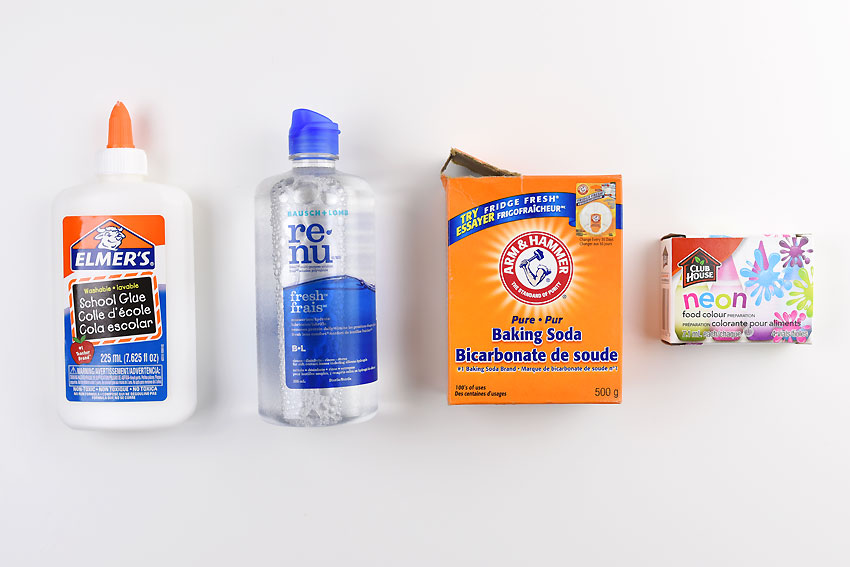How to Do Wudu?

There are several things you need to know before you start ablution. First of all, you must remove anything that could block the water from reaching your hair and skin. This includes tight rings, dried dough, fake nails and eyelashes, and even waterproof makeup. Once you remove these things, you can begin ablution. You should keep the intention of making the ablution in your heart. The ablution process is meant to remove ritual impurities. Once you have removed the barriers, you must wash your hands and mouth three times. If you’re ablating your mouth, you’ll use your right hand for this task.
Performing a wudu
 Making a wudu is an important act of worship in Islam, and for this reason, Muslim women must follow certain guidelines when performing a ‘wudu’. First of all, a Muslim should make a niyyah (intention) before he performs wudu, meaning that he is starting something for Allah’s sake. He does not have to say anything out loud, but the best way to start a wudu is to utter ‘bismillah’. Secondly, Muslims should wash their hands three times before performing a wudu. They should make sure that they wash between their fingers as well as the rest of their hands, and that no part of the hand is dry.
Making a wudu is an important act of worship in Islam, and for this reason, Muslim women must follow certain guidelines when performing a ‘wudu’. First of all, a Muslim should make a niyyah (intention) before he performs wudu, meaning that he is starting something for Allah’s sake. He does not have to say anything out loud, but the best way to start a wudu is to utter ‘bismillah’. Secondly, Muslims should wash their hands three times before performing a wudu. They should make sure that they wash between their fingers as well as the rest of their hands, and that no part of the hand is dry.
During a wudu, a Muslim should be aware that if a woman’s wudu breaks for any reason, she must repeat it. Generally, a woman should perform a wudu after she has had a period, but she must be absolutely sure that she will not break it again. Performing a wudu is the basis of Salah.
Purifying the body
According to Islamic law, ablution is part of a person’s daily ritual. It includes washing with water in a jar and performing the rite of ablution on the body. A small amount of blood is acceptable, but it must not spread or flow. Small amounts of blood and pus do not invalidate the ablution. If you are unsure of how to perform the ablution, consult your local mosque for guidance.
When performing the ablution, make sure to wash your face and arms. Then, use a rag to wipe the fourth part of your head. After this, perform Wudu. Be sure to refrain from worldly talk while performing ablution. Also, remember to wash all private parts of your body and recite shahadah after washing. If you have a tub at home, ablution is easier if you use water from a well.
While performing wudu, Muslims are supposed to rinse their mouths with clean water. This action is required before prayer, and it helps remove bacteria and toxins that may lead to systemic diseases. Wudu is also important for limbs, as blood circulation in these areas is weaker than that of the heart. Therefore, Muslims are also advised to wash their arms in cold water to improve their circulation. However, these are only two of the many benefits of Wudu.
Steps involved
Wudu is a ritual of purification in Islam. It consists of four steps. These steps involve washing the body and hands. It is important to wash as much of the body as possible. The four steps of wudu should be done daily, regardless of the time of day. For men, the first step is washing the beard and hair. For women, the process begins by wiping their hair, starting from the nape and continuing up to the front of their head.
Next, wash your arms and hands. Start with the right hand and elbow. Repeat the process with the left hand. Once this step is complete, the left foot should be washed. Once you’ve washed your arms, you can move to your feet. Wash the palms of your right hand and left hand, using them to wash the outside and inside of your feet. Next, wash your right foot.
Validity of a wudu
 There are several ways to verify the validity of wudu. First, you must perform tayammum. Performing wudu without answering nature’s call is not valid. Second, if you perform wudu with the intention to reach Allah, perform a recommended act, or pray, then it will be valid. Finally, you must perform tayammum with the intention to reach Allah.
There are several ways to verify the validity of wudu. First, you must perform tayammum. Performing wudu without answering nature’s call is not valid. Second, if you perform wudu with the intention to reach Allah, perform a recommended act, or pray, then it will be valid. Finally, you must perform tayammum with the intention to reach Allah.
You can perform wudu on parts of the body that are Pak, but not in the place where the person is insane. This is acceptable if the person who performed the wudu does not know that the place becomes najis before the Wudu is completed. There are some rules to determining the validity of wudu performed in a mosque. Hopefully, these rules will help you understand the meaning behind the different types of wudu.
If you have an obstruction in the way of the water reaching the body part, you should perform the wudu over the obstruction again. You must also be sure that the water did not flow under the obstruction during your wudu. Then, make sure that the wudu does not obstruct the water. Once you have a clean area, you can perform wudu. You should also wipe it off afterwards, as this is another sign of its validity.
Requirements for a wudu
When should one perform wudu? It is recommended that you do wudu when something emerges from the normal passage, excluding worms and pebbles. It is also not required when passing urine or feces. If you have incontinence, you should avoid wudu. It is not compulsory to perform wudu if you do not have the ability to hold your bladder or bowels for more than 30 minutes.
Before performing wudu, wash your face, arms, and one fourth of your head with water. Then, recite the shahadah. Remember, you cannot talk about worldly matters during the ablution. Begin wudu from your right hand and move slowly to the left. If you have a hard time performing wudu, seek the help of a trusted Muslim.
Make sure your nails are clean. While dirt underneath your nails is not considered haram, you must remove them before doing wudu. Besides, if you have unusually long nails, you should cut them so they are clean. You may also use a nail clipper to remove dirt from your nails. However, if you want to perform wudu on your feet, you should wash your nails thoroughly.
Validity of a wudu on a non-Muslim
The validity of wudu on a non Muslim depends on a number of factors. First, a Muslim who performs wudu on a non-Muslim body part should be sure that he or she is performing it correctly. In most cases, people perform wudu on their own bodies to show respect for the Prophet Muhammad and all Muslims. Performing wudu on a non-Muslim body part is only allowed if the water could be reached by a Muslim.
However, the process of performing wudu on a non Muslim body part is different. If the body part is impure, it is not necessary to perform wudu on it. For example, if the person does not have a niqab, the wudu is not valid. However, if the body part has an enlarged or swollen vagina, wudu should be performed.
Validity of a wudu on a small child
 Some people have questioned the validity of a wudu on suckling or an unweaned baby. While it is not considered haram to touch the private parts of an unborn child, touching the private parts of an infant may be impurity-causing. In fact, there is a scholarly consensus that touching an unweaned baby’s private parts is permissible.
Some people have questioned the validity of a wudu on suckling or an unweaned baby. While it is not considered haram to touch the private parts of an unborn child, touching the private parts of an infant may be impurity-causing. In fact, there is a scholarly consensus that touching an unweaned baby’s private parts is permissible.
A wudu on a small child is not valid if it is contaminated with menstrual or puerperal blood. Even a small amount of urine or blood may leak from the child’s body, invalidating the wudu. If blood or pus comes out of a wound, the wudu is not valid. It is also not valid if a child suckles on a diaper or wipes a diaper.
A small child is exempt from wudu if he does not spit out phlegm or vomit. It is also not considered invalid if the child is asleep cross-legged or has a small amount of phlegm in his mouth. Unless the child has an excuse that invalidates the wudu, it is not permissible to do so.
Validity of a wudu through flatulence
If you pass gas during ablution, it doesn’t invalidate a wudu. The ruling is the same as if you passed wind during istikadah, or urinary incontinence. If you passed gas during wudu but it was not accompanied by farts, it still counts as a wudu. It’s just that the gas you passed comes out of your anus.
A person who suffers from flatulence often finds it difficult to maintain a constant wudu. However, a persistent bout of flatulence may only require a wudu once or twice. Even if your wudu breaks in this way, you can still pray. However, it might be difficult to determine when the wudu needs to be broken.
The first time that you doubt the validity of your wudu, you should repeat the act. However, if you doubt repeatedly, you don’t need to repeat the procedure. Nevertheless, if you don’t have an excuse, you can always re-make your wudu. Generally, you’re allowed to make a wudu through flatulence as long as it contains water or pus.
We look forward to your comments and stars under the topic. We thank you 🙂






